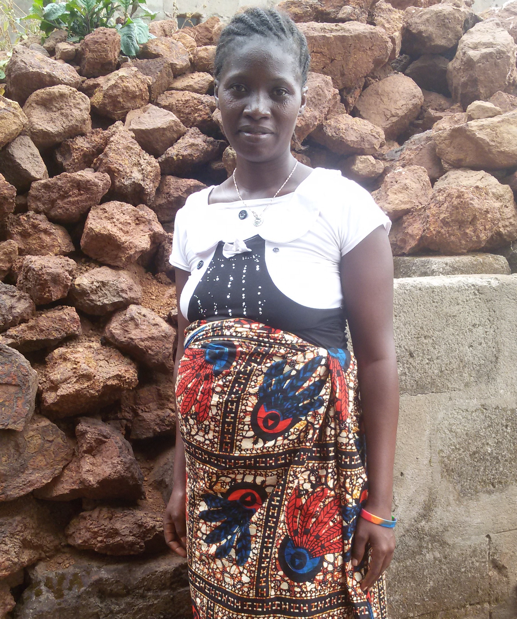In Sierra Leone, demand for healthcare during pregnancy is relatively low. Most women attend at least one ANC visit, but in some districts as many as 43% of women do not complete the recommended number of four visits. Further, only 54.4% of women give birth with a skilled attendant.
Our initial surveys have given us a number of insights into the issue. Firstly, women know where to go for ANC services, and know that they should go to several visits throughout their pregnancy. This is important: a key assumption of our project is that women know how to access formal ANC, and know they should attend clinics, but simply do not. If this assumption did not hold, and low attendance was caused by other factors – like poor access to care or a serious lack of information – incentives might be less effective, or an inappropriate first step to take to improve utilization.
The second insight we’ve gained is that the high dropout rate in antenatal care may be due to a lack of motivation or understanding of the importance of regular ANC check-ups. Women claim to not attend ANC visits because they don’t remember that it is important to come for check-up visits in the third trimester of their pregnancy.
The intervention will address these issues by providing women who have attended four or more visits, including one towards the end of their pregnancy, a distinctive multi-colored bracelet. We hope that this will act as a visual reminder for pregnant women about the importance of ANC during this period.
This might affect women’s perception about social norms. Women may be more likely to attend at least 4 ANC visits, including one towards the end of their pregnancy, if they observe other pregnant women are doing the same. The final insight we gained is that women are interested in the idea of social signaling. Clinic exit surveys show that most women quickly grasp the idea of bracelets as a social signal; women said that they are happy to be able to show to their communities that they attend antenatal care visits.
We are currently piloting the program in three clinics in urban and rural Sierra Leone. We are training health workers in the implementation of the bracelet scheme and sensitization of pregnant women. The intervention and randomized evaluation will be rolled out in 120 government clinics in July/August of this year.
Anne Karing is a Ph.D. candidate in the economics department at the University of California, Berkeley. Arthur Baker works as a Research Assistant in IPA's Sierra Leone office .













